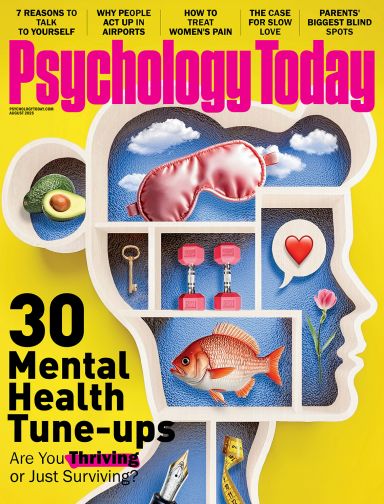Guilt is aversive and—like shame, embarrassment, or pride—has been described as a self-conscious emotion, involving reflection on oneself. People may feel guilt for a variety of reasons, including acts they have committed (or think that they committed), a failure to do something they should have done, or thoughts that they think are morally wrong.| Psychology Today
Displacement is a defense mechanism in which a person redirects an emotional reaction from the rightful recipient onto another person or object. For example, if a manager screams at an employee, the employee doesn't scream back—but he may yell at his spouse later that night. Displacement often involves deflected anger or aggression, but it can include other feelings and impulses as well.| Psychology Today
Anger is one of the basic human emotions, as elemental as happiness, sadness, anxiety, or disgust. These emotions are tied to basic survival and were honed over the course of human history. Anger is related to the “fight, flight, or freeze” response of the sympathetic nervous system; it prepares humans to fight. But fighting doesn't necessarily mean throwing punches. It might motivate communities to combat injustice by changing laws or enforcing new norms.| Psychology Today

